Publications
Articles, publications, books, tools and multimedia features from the U.S. Institute of Peace provide the latest news, analysis, research findings, practitioner guides and reports, all related to the conflict zones and issues that are at the center of the Institute’s work to prevent and reduce violent conflict.
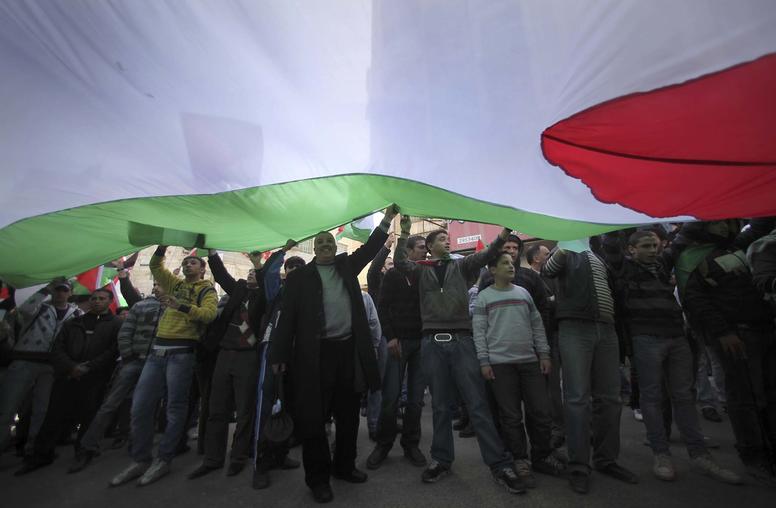
Palestinians’ Divided House Hampers Peace
In a scene reminiscent of the uprisings that swept the Middle East 10 years ago, Palestinian protesters took to the streets over the weekend, chanting, “The people want to bring down the regime.” The recent death of activist and Palestinian Authority critic Nizar Banat while in the custody of Palestinian security forces was the proximate cause for the unrest. But Palestinians’ disenchantment with their leadership has much deeper roots. Fifteen years after the last national elections, the Palestinian polity is as fractured as ever, adding but another obstacle to resolving the seemingly intractable Israeli-Palestinian conflict.
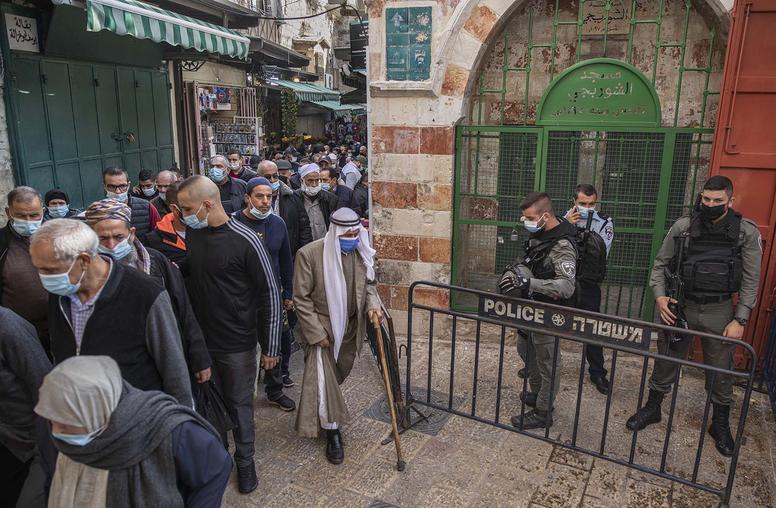
The Four Races That Will Define the Future of the Israeli-Palestinian Conflict
After the latest round of violence this May, Israeli and Palestinian leaders are walking a series of tightropes — Israel’s new government is composed of a potentially unsustainable coalition; a fragile cease-fire teeters between Hamas and Israel; and public protests continue to shake the Palestinian Authority.
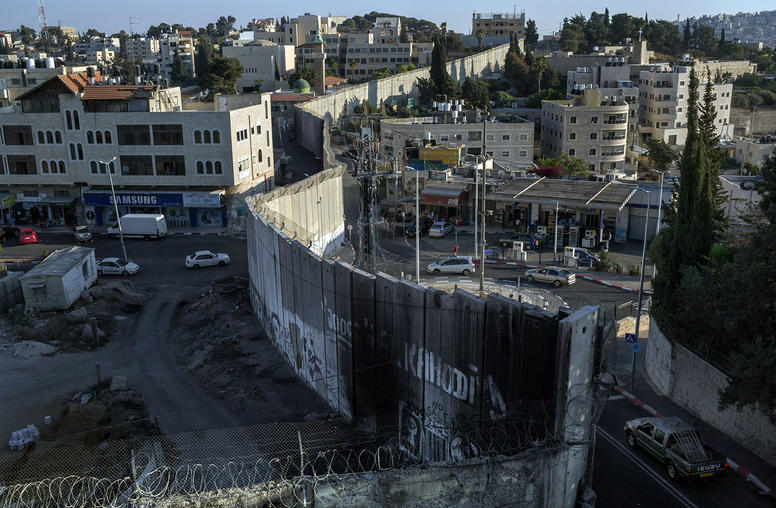
The Israeli-Palestinian Conflict: The Danger of ‘No Solution’ Messaging
Israeli Prime Minister Naftali Bennett has made it clear that he has no interest in reviving the Israeli-Palestinian peace process. In a recent interview, he affirmed his longstanding position that he “opposes a Palestinian state and will not allow talks on the line of a Palestinian state.” Echoing Bennett, Israel’s more moderate Alternate Prime Minister Yair Lapid — set to take over in August 2023 — says he, too, will not seek peace talks once he takes office, despite his stated support for a two-state solution.
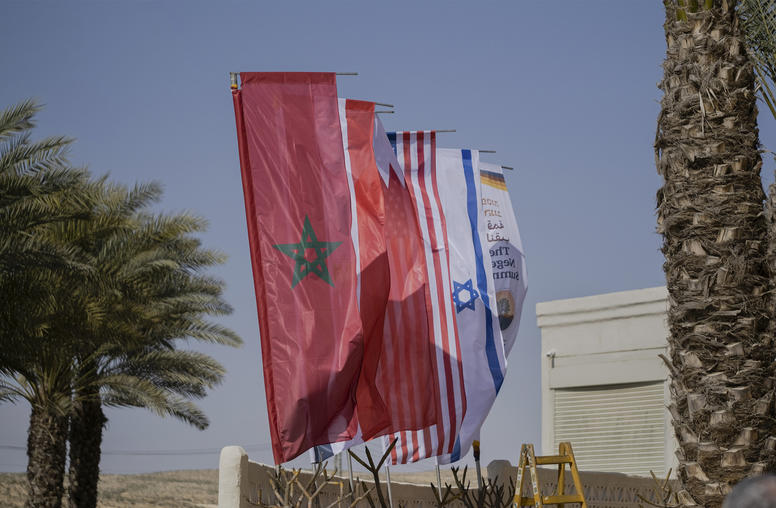
The Negev Summit Furthers Arab-Israeli Normalization
Earlier this week, the top diplomats from Egypt, Morocco, Bharain, the UAE and the United States arrived in Israel at the invitation of Israeli Foreign Minister Yair Lapid for what was named the Negev Summit. Building on the normalization breakthrough started by the 2020 Abraham Accords, the summit marked a significant diplomatic shift for the region — especially as concerns mount over the fallout from Russia’s invasion of Ukraine. USIP’s Lucy Kertzer-Ellenbogen and Ambassador Hesham Youssef look at what happened at the summit, how the topics of Iran and Russia were addressed, and what this means for the Israeli-Palestinian peace process going forward.
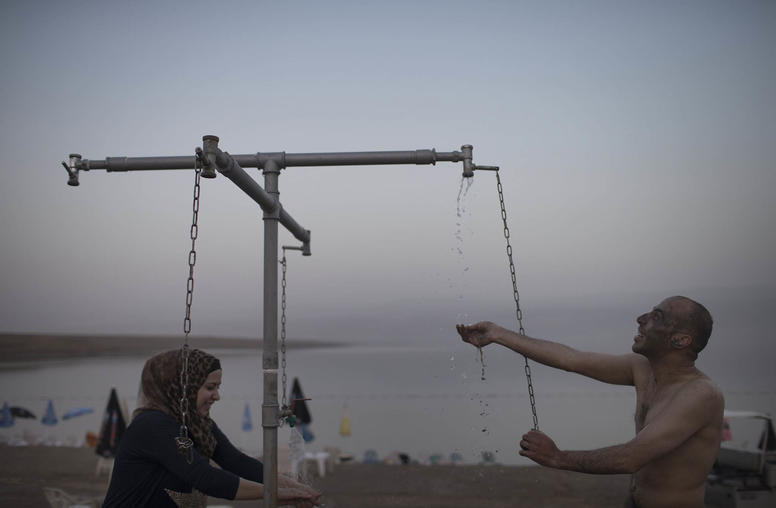
Water Can Be a Rare Win-Win for Israelis, Palestinians and the Region
From Israel’s turbulent electoral politics and Palestinian political dysfunction to the cycle of intercommunal violence in the West Bank and the humanitarian catastrophe in Gaza, it’s rare for much good news to come out of the Israeli-Palestinian context these days. But this June, a hopeful story emerged from the impoverished Gaza Strip when its Mediterranean beaches were deemed safe for swimming for the first time in decades.

What Does Israel’s New Government Mean for the Israeli-Palestinian Conflict?
As 2022 came to a close, Benjamin Netanyahu once again took the helm of Israel’s government just 18 months after losing power in the wake of a series of stalemated elections. Already Israel’s longest-serving prime minister, Netanyahu’s approach to foreign policy, and to the conflict with and occupation of the Palestinians, is to some extent a known quantity. However, with his comeback and governing coalition dependent on the support and partnership of once-fringe extremist parties and politicians, 2023 holds the potential for conflict-driving disruption. USIP’s Lucy Kurtzer-Ellenbogen discusses the possible implications of Israel’s new government for the Israeli-Palestinian conflict and for Israel’s regional and foreign relations.

For Israelis and Palestinians, a Tragic Spiral Reemerges
Since late last week, violence between Israelis and Palestinians has rapidly escalated in the West Bank and around Jerusalem, and January has proven to be one of the most violent months in the West Bank in decades. Attacks continue, exacerbated by bitter publics, frenzied politics and fragile institutions in the West Bank. The Israeli-Palestinian conflict may be in a spiral toward a third intifada and even the possible end of the two-state paradigm.
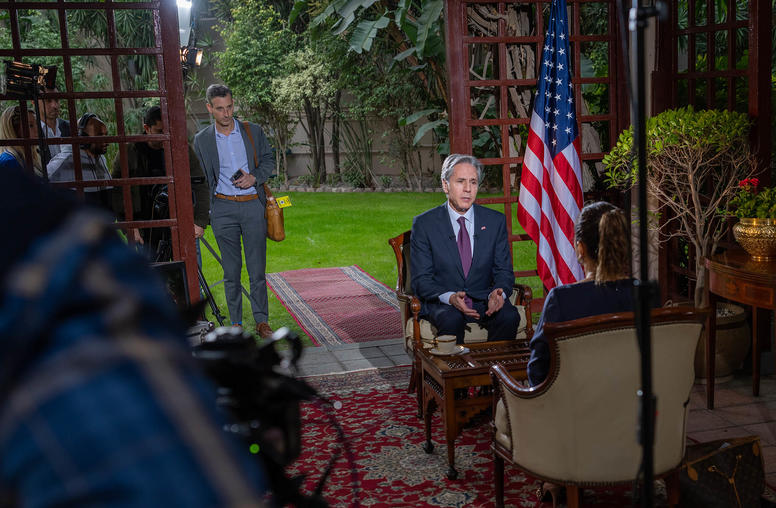
Takeaways from Blinken’s Trip to the Middle East
The Middle East has not been a high priority for the Biden administration thus far, with issues such as Russia’s war in Ukraine and escalating tensions with China taking precedence. However, recent developments in the region are catching the administration’s attention, and Secretary of State Antony Blinken’s visit to Egypt, Israel and the West Bank earlier this week sought to reaffirm U.S. engagement in the Middle East amid political turnover in Israel, spiraling violence in the Israeli-Palestinian arena, stepped-up Iran-Israel tensions and a deepening economic crisis in Egypt.
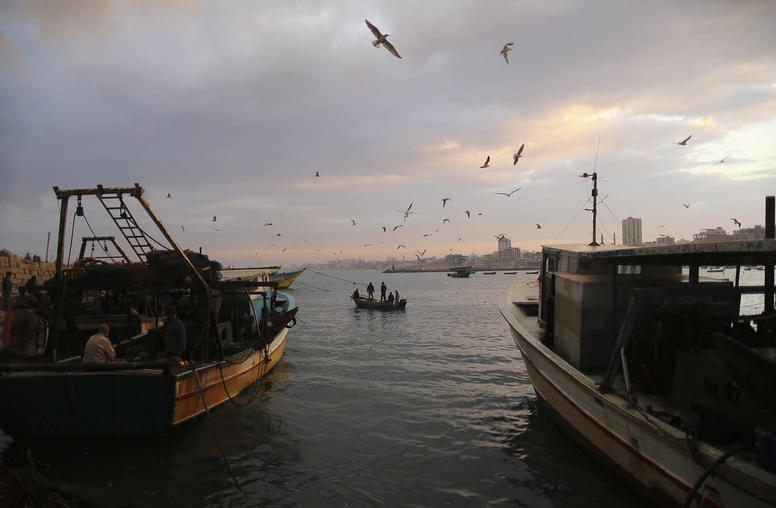
How a Gaza Marine Deal Could Benefit Palestinians, Israelis and the Region
Amid today’s dismal Israeli-Palestinian context, positive developments have been in short supply. However, Prime Minister Benjamin Netanyahu’s June announcement of preliminary approval for the development of the Gaza Marine gas fields provided a rare glimpse of a potential win-win opportunity. For the Palestinians, it could provide a much-needed boost to their lagging economy and the cash-strapped Palestinian Authority (PA). On the Israeli side, it allows the Netanyahu government to claim it is assisting in improving living conditions in Gaza and could lead to less U.S. pressure on issues like settlement expansion. In the big picture, this is another example of how energy is increasingly becoming a focus for potential win-win agreements in the East Mediterranean.
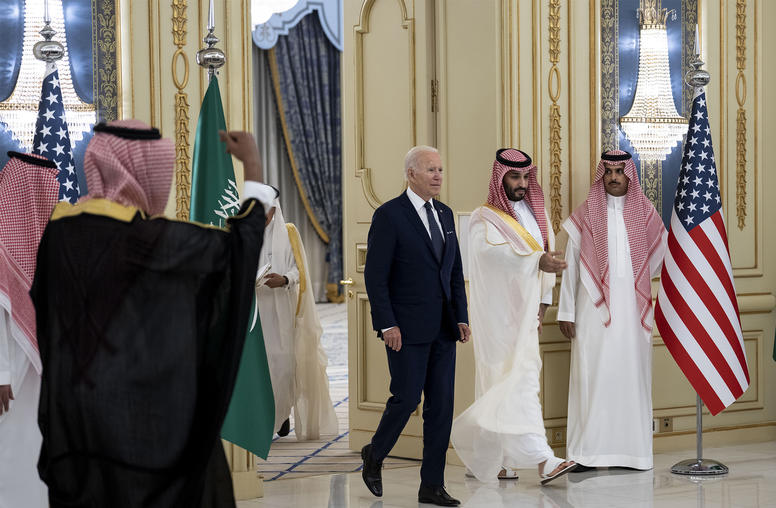
Is a Saudi-Israel Normalization Agreement on the Horizon?
In recent months, a drumbeat has built around the U.S. effort to negotiate a normalization agreement between Israel and Saudi Arabia. The deal would be a tectonic shift in Middle East geopolitics, but also carries major implications for other actors beyond the three negotiating parties. Israel would, of course, benefit from normalized relations with the Saudis — long seen as the “holy grail” of potential normalization agreements for the country. The Saudis, in turn, would see their interests advanced through strengthened U.S partnership in key areas. But this deal could also have serious implications for the future of the Palestinian national movement and, further afield, for the role of China in the Middle East.